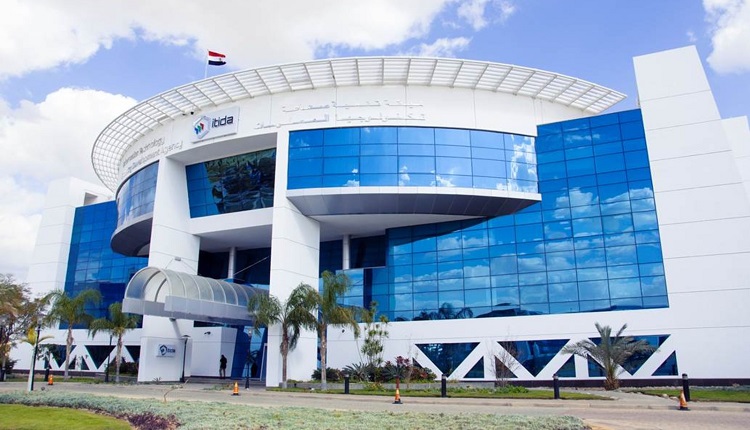ITIDA sharing expertise with Egyptian Public Prosecution on IPR, digital signature, cybercrime
The Information Technology Industry Development Agency (ITIDA), part of the Egyptian Ministry of Communications, announced on Thursday its Intellectual Property Office (IPRO) completed a specialised training session held for Public Prosecutors.
The training tackled Intellectual Property Rights (IPRs), digital signature and cybercrime.
The session has been organised and attended by Essam Elmenshawy, chairman of the Administrative Prosecution Authority (APA); Amr Mahfouz, ITIDA’s chief executive; Mohammed Rami and Counsel Ayman Nabil, vice chairmen of the Administrative Prosecution Authority; Ahmed Abdul Ghani, acting manager of the IPR Office.
The training session aimed at developing technical skills of related stakeholders, through ITIDA’s role to build capacities of local judges, prosecutors, criminal investigators, and police officers on IPR-related topics.
The training course, held over two days at the headquarters of the Judicial training centre, in the APA, aimed at raising awareness and building capacities in the fields of intellectual property and digital signature. It also aims to transfer the technical expertise of ITIDA, as a technical expert in intellectual property issues, as well as executing its role to spread and activate the digital signature system in various state sectors.

ITIDA’s CEO Amr Mahfouz said the Egyptian government is exerting huge efforts in reforming the legislative framework to improve the ICT sector business environment. That would be through regulating e-commerce activities, issuing a law on combating cybercrime and approving the data protection Law, that’s embracing the EU’s General Data Protection Regulation (GDPR), Mahfouz added.
The training programme involved a series of technical lectures on how to extract digital forensics in intellectual property lawsuits, copyrights and related issues, piracy of encrypted digital content, trademarks, industry models, and technical standards for a standing legal title of a digital signature.
According to a study by the Business Software Alliance (BSA) in 2018, the rate of software piracy in Egypt fell by 2 percent to record 59 percent. The study also showed significant decline in the use of unlicensed software to hit $64 billion in 2017, compared to $157 million in 2015.
Results showed that Egypt (59 percent) had surpassed countries such as Morocco (64 percent), the Philippines (64 percent), Vietnam (74 percent), and Sri Lanka (77 percent) in achieving lower piracy rates. Those results reflect the great progress made by Egypt in combating the illegal use of software, ITIDA added.


